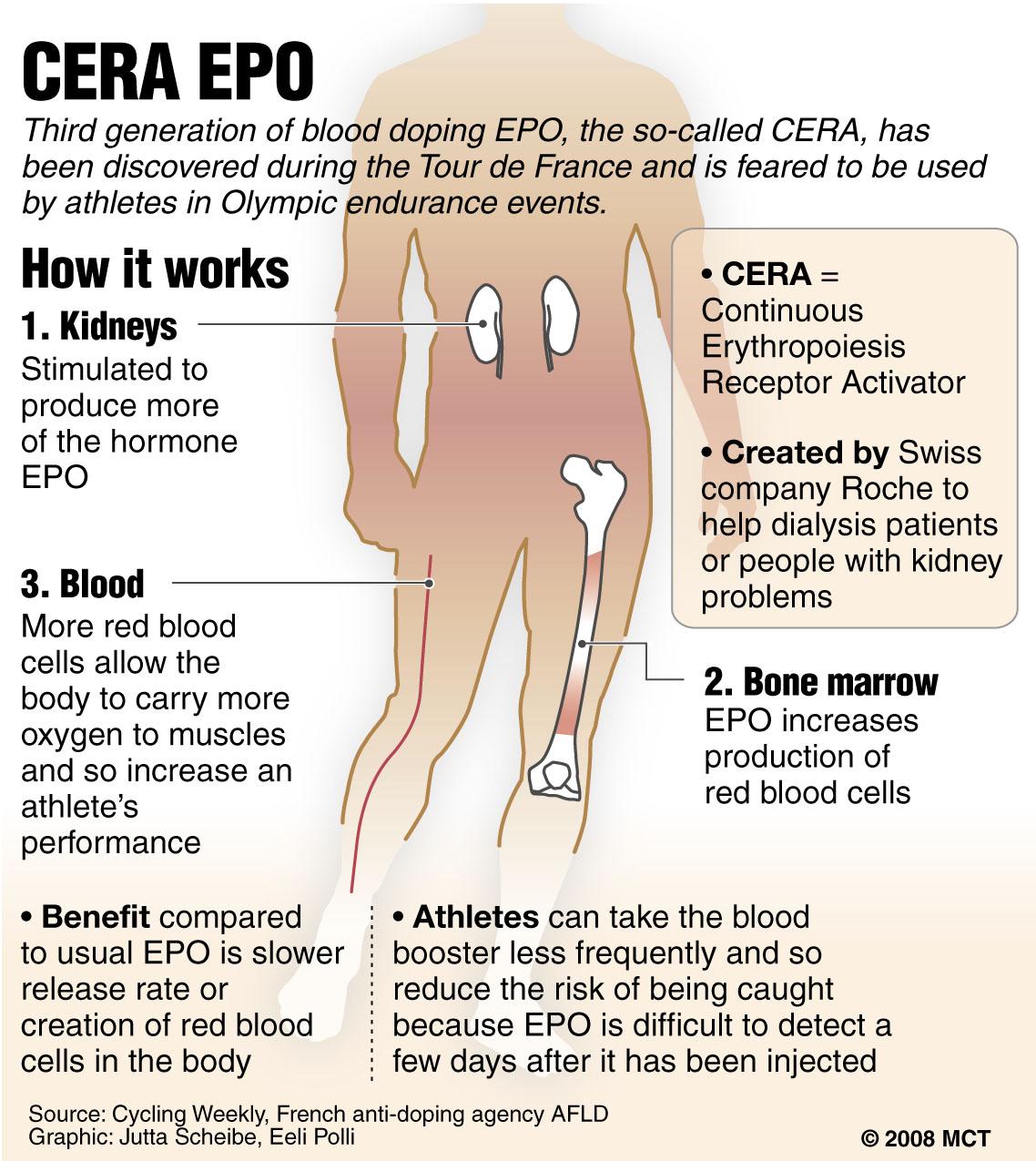Track and field news has changed from announcing who won a meet, to announcing who was doped up at the meet.
At the end of August, two Kenyan runners, hurdler Koki Manunga and 400-meter runner Joyce Zakary tested positive for doping at the sport’s world championships in Bejing.
There is no justifying the use of illegal drugs under any situation for any sport. No matter how badly an athlete wants to win or how much money they could earn, all virtue is lost once drugs come into play. It is sad that so many athletes are being disqualified or suspended for abusing drugs. Whatever happened to integrity in sports?
It is difficult to fathom why someone would risk his or her entire career to get an extra boost of energy for one, 20-second race that in the end will not end up counting.
This is far from the first doping incident that has taken place in the track and field industry. Many other sports have had drug issues, most notably baseball, but what makes track athletes get on the doping train?
Track is not as high profile of a sport as baseball or football, but athletes want to have that competitive edge when it comes to meets. Instead of staying on the straight and narrow path, it seems more and more track athletes have opted to take the easy way out to get ahead in their sport.
ADVERTISEMENT: Ready to save money on textbooks?
Shop online and save now! — 49er Shops
Doping is defined by the UK Anti-Doping Agency as an illegal substance taken to enhance ones performance. A substance or doping method has to meet two of the three criteria set forth from the agency: if the substance enhances performance, poses a threat to the athlete’s health or it violates the spirit of the sport.
The newest trend in doping is blood doping; the process of injecting new blood into the body before a race to increase the number of red blood cells to strengthen an athlete’s aerobic activity and endurance.
Even the most famous track and field Olympians like Justin Gatlin, Ben Johnson and Carl Lewis have tested positive for doping, and some have even had their medals taken from them.
Johnson was the first high-profile track athlete to have been caught doping and was stripped of his gold medal for the 100-meter race from the 1988 Seoul Olympics. But in that gold-medal race, six of the eight athletes, including Lewis, were found to have tested positive for performance-enhancing drugs by the United States Anti-Doping Agency.
Journalist Alan Hubbard who was covering those Olympics, recalled in an article for ESPN that it was as if Johnson “was on rocket fuel” because of how fast he was.
With so many incredible athletes in track and field today breaking world records at every race, it is hard to distinguish which athletes could be taking drugs and which are not. Are they really that fast, or did they get an unfair advantage due to drugs?
In the case of Johnson, it turns out he wasn’t made of rocket fuel, just a track load of dope.





